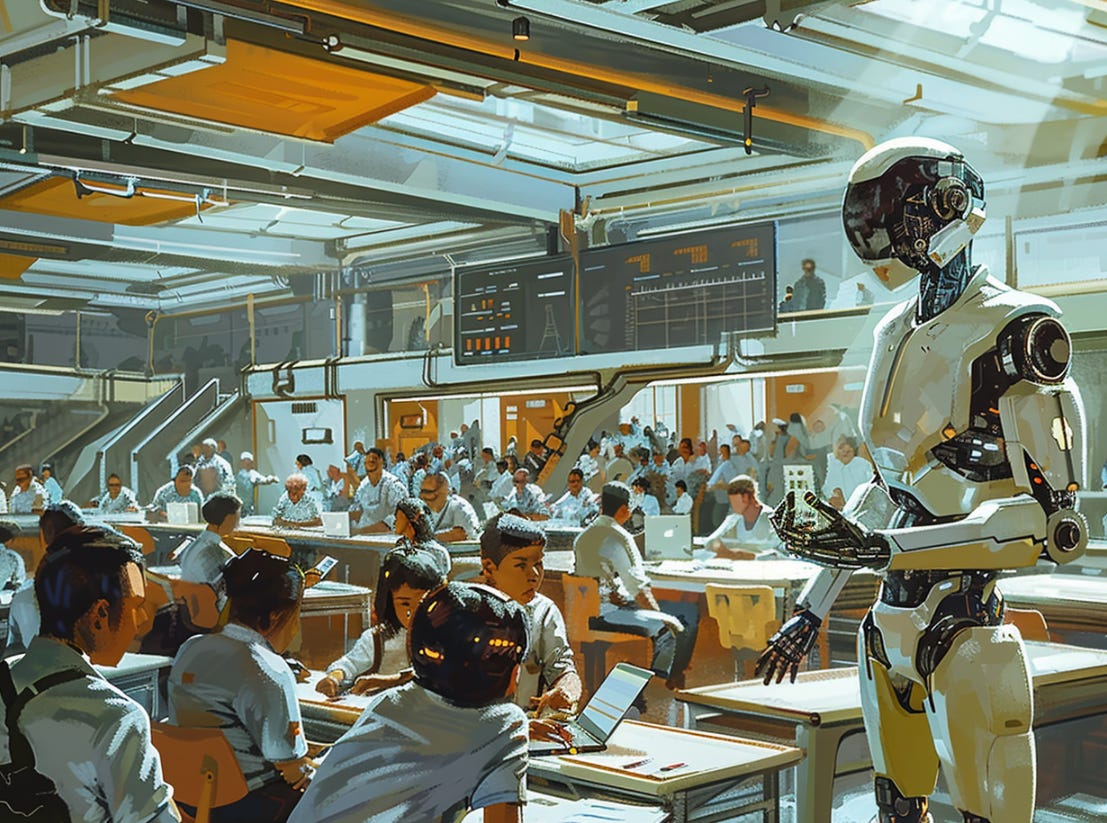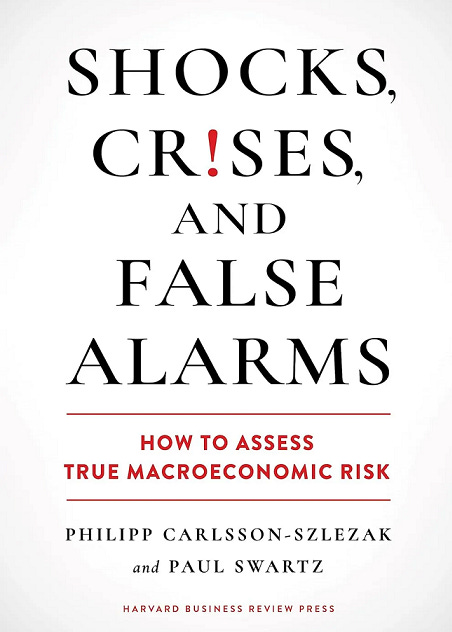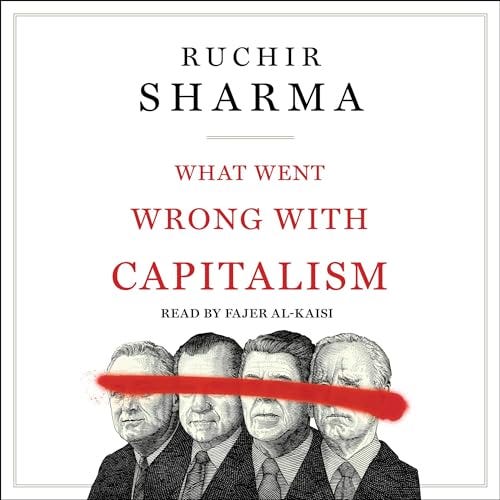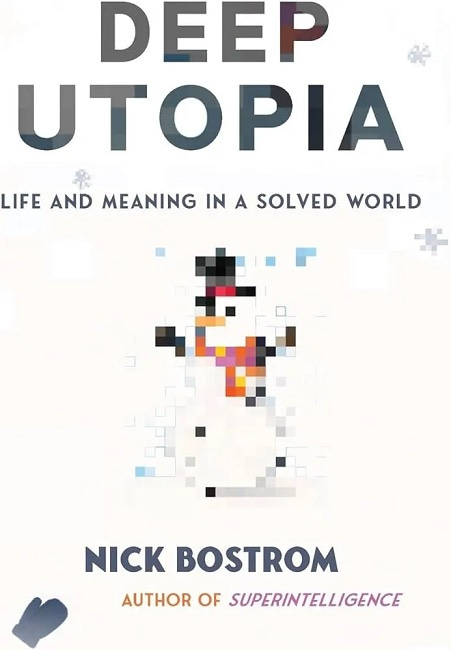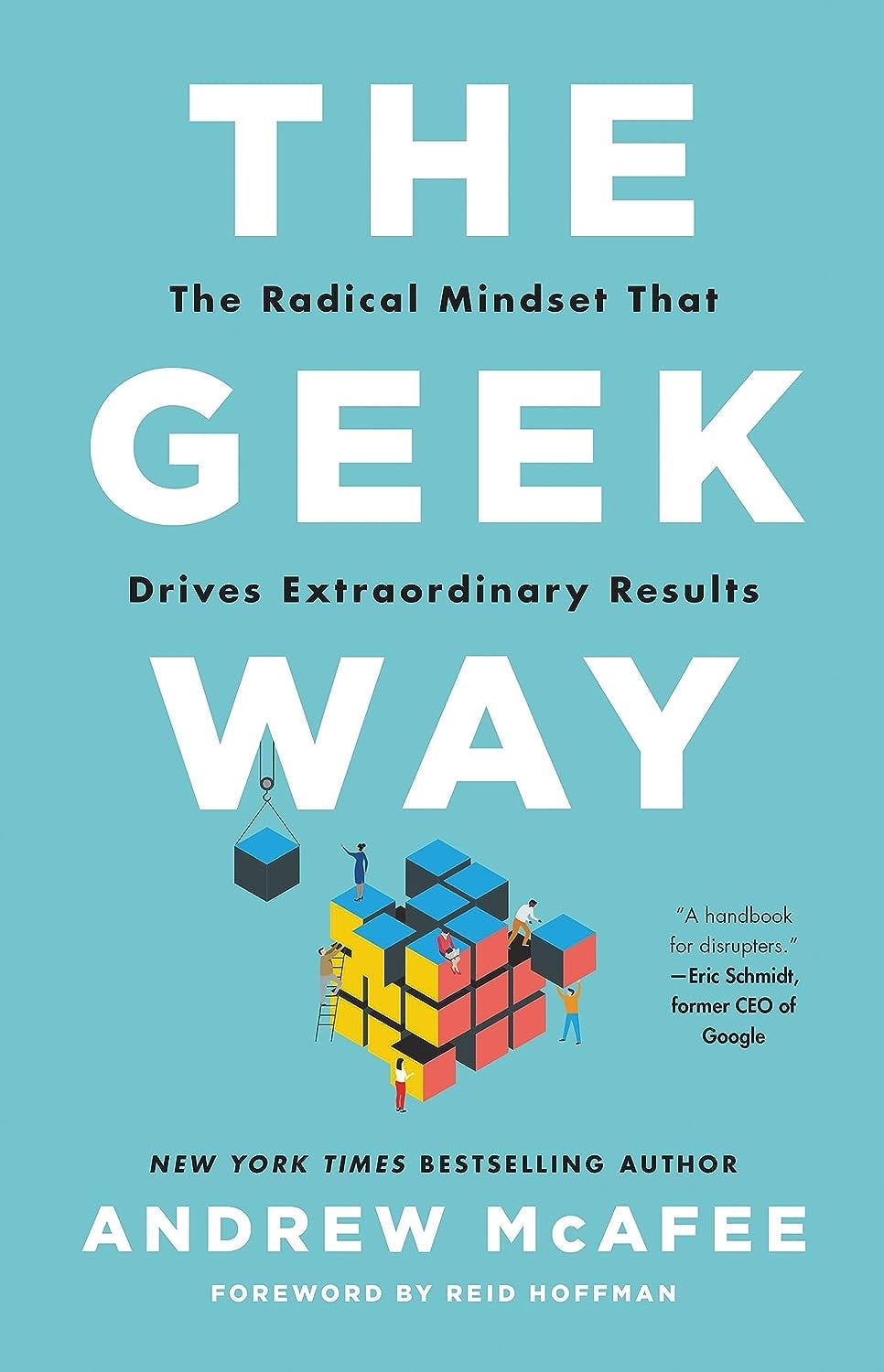🌐 My chat (+transcript) with John Bailey on the potential for AI in education
Description
Education was among the first victims of AI panic. Concerns over cheating quickly made the news. But AI optimists like John Bailey are taking a whole different approach. Today on Faster, Please! — The Podcast, I talk with Bailey about what it would mean to raise kids with a personalized AI coach — one that could elevate the efficacy of teachers, tutors, and career advisors to new heights.
John Bailey is a colleague and senior fellow at AEI. He formerly served as special assistant to the president for domestic policy at the White house, as well as deputy policy director to the US secretary of commerce. He has additionally acted as the Director of Educational Technology for the Pennsylvania Department of Education, and subsequently as Director of Educational Technology for the US Department of Education.
In This Episode
* An opportunity for educators (1:27 )
* Does AI mean fewer teachers, or better teachers? (5:59 )
* A solution to COVID learning loss (9:31 )
* The personalized educational assistant (12:31 )
* The issue of cheating (17:49 )
* Adoption by teachers (21:02 )
Below is a lightly edited transcript of our conversation
Education was among the first victims of AI panic. Concerns over cheating quickly made the news. But AI optimists like John Bailey are taking a whole different approach. Today on Faster, Please! — The Podcast, I talk with Bailey about what it would mean to raise kids with a personalized AI coach — one that could elevate the efficacy of teachers, tutors, and career advisors to new heights.
John Bailey is a colleague and senior fellow at AEI. He formerly served as special assistant to the president for domestic policy at the White house, as well as deputy policy director to the US secretary of commerce. He has additionally acted as the Director of Educational Technology for the Pennsylvania Department of Education, and subsequently as Director of Educational Technology for the US Department of Education.
An opportunity for educators (1:27 )
Pethokoukis: John, welcome to the podcast.
Bailey: Oh my gosh, it's so great to be with you.
We’d actually chatted last summer a bit on a panel about AI and education, and this is a fast moving, evolving technology. People are constantly thinking of new things to do with it. They're gauging its strengths and weaknesses. As you're thinking about any downsides of AI in education, has that changed since last summer? Are you more or less enthusiastic? How would you gauge your evolving views?
I think I grow more excited and enthusiastic by the day, and I say that with a little humility because I do think the education space, especially for the last 20 years or so, has been riddled with a lot of promises around personalized learning, how technology was going to change your revolutionize education and teaching and learning, and it rarely did. It was over promise and under-delivered. This, though, feels like it might be one of the first times we're underestimating some of the AI capabilities and I think I'm excited for a couple different reasons.
I just see this as it is developing its potential to develop tutoring and, just in time, professional development for teachers, and being an assistant to just make teaching more joyful again and remove some of the drudgery. I think that's untapped area and it seems to be coming alive more and more every day. But then, also, I'm very excited about some of the ways these new tools are analyzing data and you just think about school leaders, you think about principals and superintendents, and state policy makers, and the ability of being able to just have conversations with data, not running pivot tables or Excel formulas and looking for patterns and helping to understand trends. I think the bar for that has just been dramatically lowered and that's great. That's great for decision-making and it's great for having a more informed conversation.
You're right. You talked about the promise of technology, and I know that when my kids were in high school, if there were certain classes which were supposedly more tech adept, they would bring out a cart with iPads. And I think as parents we are supposed to be like, “Wow, every kid's going to have an iPad that's going to be absolutely amazing!” And I'm not sure if that made the teachers more productive, I'm not sure, in the end, if the kids learned any better.
This technology, as you just said, could be different. And the one area I want to first focus on is, it would be awesome if we had a top-10-percent teacher in every classroom. And I know that, at least some of the early studies, not education studies, but looking at studies of using generative AI in, perhaps, customer service. One effect they notice is kind of raising the lower-performing group and having them do better. And so I immediately think about the ability to raise… boy, if we could just have the lowest-performing teachers do as well as the middle-performing teachers, that would seem to be an amazing improvement.
I totally agree with you. Yeah, I think that was the BCG study that found when consultants used gen AI—I think, in that case, it was ChatGPT—everyone improved, but the folks that had the most dramatic improvement were the lowest performers in the consulting world. And here you could imagine something very similar for teachers that are teaching out of field—that happens a lot in science and mathematics. It's with new teachers, and the ability of helping them perform better… also, the ability, I think, of combining what they know with also what science and research is saying is the best practice. That's been very difficult.
One of the examples I give is the Department of Ed has these guides called the What Works Clearinghouse Practice Guides, and this is what evaluation of research, and studies, and evaluation has to say, “This is the best way of teaching math, or the best way of teaching reading,” but these are dense documents, they're like 137 PDF pages. If you're asking a new teacher teaching out of field to read 137 pages of a PDF and apply it to their lesson that day, that's incredibly difficult. But it can happen in a matter of seconds now with an AI assistant that can read that practice guide, read your lesson, and make sure that you're getting just-in-time professional development, you're getting an assistant with your worksheets, with your class activities and everything. And so I totally agree with you, I think this is a way of helping to make sure that teachers are able to perform better and to really be an assistant to teachers no matter where they are in terms of their skill level.
Does AI mean fewer teachers, or better teachers? (5:59 )
I recall a story, and I forget which sort of tech CEO was talking to a bunch of teachers, and he said, “The good news: in the future, all teachers will make a million dollars a year… bad news is we're only going to need like 10 percent of you” because each teacher would be so empowered by—this was pre-AI—by technology that they would just be so much more productive.
The future you're talking about isn't necessarily a future of fewer teachers, it's just sort of the good part of it, which is more productive teachers, and any field where there's a huge human element is always tough to make more productive. Is the future you're talking about just… it's not necessarily fewer teachers, it's just more productive teachers?
I think that's exactly right. I don't think this is about technology replacing teachers, I think it's about complimenting them. We see numerous studies that ask teachers how they spend their time and, on average, teachers are spending less than half of their time on instruction. A lot of it is on planning, a lot of it is on paperwork. I mean, even if we had AI that could take away some of that drudgery and free up teachers' times, so they could be more thoughtful about their planning or spend more time with students, that would be a gift.
But also I think the best analog on this is a little bit in the healthcare space. If you think of teachers as a doctor, doctors are your most precious commodity in a healthcare system, you want to maximize their time, and what you're seeing is that now, especially because of technology and because of some tools, you can push a lot of decisions to be more subclinical. And so initially that was with nurses and nurse practitioners so that could free up doctor's time. Now you're seeing a whole new category, too, where AI can help provide some initial feedback or responses, and then if you need more help and assistance, you’d go up to that nurse practitioner, and if you need more help and assistance, then you go and you get the doctor. And I bet we're going to see a bunch of subclinical tools and assistance that come out in education, too. Some cases it's going to be an AI tutor, but then kids are going to need a human tutor. That's great. And in some cases they're going to need more time with their teacher, and that's great, too. I think this is about maximizing time and giving kids exactly what they need when they need it.
This just sort of popped in my head when you mentioned the medical example. Might we see a future where you have a real job with a career path called “teacher assistant,” wh

